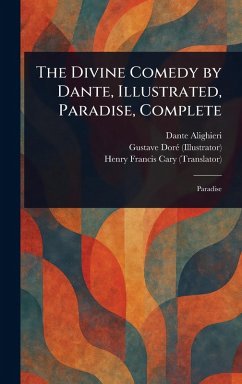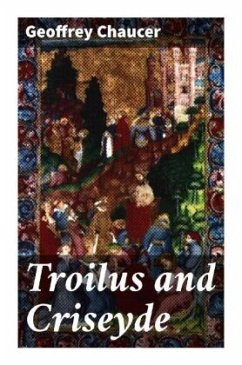
The Song of Roland
Versandkostenfrei!
Versandfertig in 6-10 Tagen
12,99 €
inkl. MwSt.

PAYBACK Punkte
6 °P sammeln!
The Song of Roland, a seminal work of medieval literature, is an epic poem narrating the heroic deeds of Roland, a knight serving Charlemagne, in the Battle of Roncevaux Pass. Written in Old French, it employs a rich oral tradition style characterized by alliteration, assonance, and repetitive phrasing, crafting a compellingly rhythmic narrative that evokes the valor and chivalry of the era. The text encapsulates themes of fealty, bravery, and the struggle between good and evil, situating the tale within the context of the Carolingian Empire and the evolving notion of knighthood and honor duri...
The Song of Roland, a seminal work of medieval literature, is an epic poem narrating the heroic deeds of Roland, a knight serving Charlemagne, in the Battle of Roncevaux Pass. Written in Old French, it employs a rich oral tradition style characterized by alliteration, assonance, and repetitive phrasing, crafting a compellingly rhythmic narrative that evokes the valor and chivalry of the era. The text encapsulates themes of fealty, bravery, and the struggle between good and evil, situating the tale within the context of the Carolingian Empire and the evolving notion of knighthood and honor during the 11th century. The author, shrouded in anonymity, reflects the collaborative nature of medieval storytelling, potentially composed by a jongleur or itinerant minstrel. This cultural intermingling of oral and written forms places the poem within the wider framework of feudal society where loyalty to one's lord was paramount. The historical backdrop of the Muslim incursions into Europe also informs the narrative, framing a conflict that resonates with the crusading spirit emerging in the period. Readers seeking a profound exploration of heroism and loyalty will find The Song of Roland a compelling read. Its poetic structure and timeless themes resonate across generations, inviting both enjoyment and scholarly reflection on the complexities of honor and cultural identity in a tumultuous historical context.












